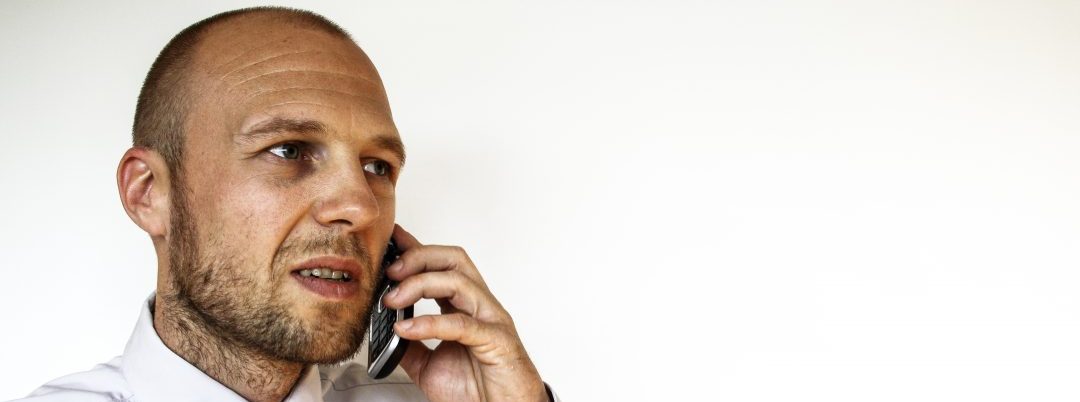
The Impact of Social Media
This discussion comes up quite frequently these days, and as someone who has spent years working in social media marketing, I’ve seen both the good and bad sides of this phenomenon.
When I say “social media,” I am referring to the social networks that are becoming more and more prevalent among demographics of all types. I’m speaking to the behemoth of Facebook, the growing popularity of Twitter and many more.
To be honest, describing social media by listing out platforms doesn’t seem to cut it anymore, seeing as social media has integrated itself with the internet almost completely. As a result, the online experience in general seems to boil down to how we interact with others and “publish ourselves” online.
Below are several questions that I will do my best to answer with research and insight. Because of the fluctuating tendencies of such studies, as well as the fluid experience of social media in general, this data is only meant to speak generally.
Does Social Media Make Us Sad?
I start with this question because I believe it to be the most important. If social networking is actually depressing people, then changes need to be made sooner rather than later.
But I find the data to be less than definitive. Multiple studies seem to suggest that social media makes us “sad” because we view the lives of others on a larger scale and we compare ourselves to them. If everyone online seems “happy” or better than us, the idea is that this makes us sad.
I have several problems with this line of reasoning. First, it assumes that “happy” content worthy of our envy is regularly posted. It also assumes that we are burdened by the happiness of others more often than not, which begs the question, “What does social media have to do with it?”
I’m led to believe that the root of the problem here is less about how social media is making you more aware of the happiness of others and more about deep insecurities that are already inside of us.
It’s possible that the presence of social media actually alerts us to these insecurities, effectively warning us that we may need professional help in dealing with possible depression.
Does Social Media Make Us Happy?
Next we have to address whether or not social media is a positive influence in our lives. At first glance, the answer seems obvious. Networks like Facebook allow us share photos and life events with friends all over the world, allowing us to keep in touch with loved ones that we would normally miss out on. Other platforms like Pinterest give us a chance to discover interesting products and ideas that have been shared by our friends and acquaintances.
Still, this assumes that people are efficiently using the advantages inherent with social media. The reality is that there will always be people who don’t benefit from social media and will actually find themselves more burdened by it.
Still, some evidence may point to a more neutral effect of social media. In July of 2013, Time Magazine conducted a large survey and asked the respondents if they were “happier” or “sadder” after using social media. The result was that many people felt neither. To some, it seems that the concept of social networking is merely a means to an end, not something that is inherently good or bad.
Does Social Media Make Us Lonely?
This is probably one of the most common questions I’ve been asked when it comes to social media, if only for its duplicitous premise. Many people have an opinion on the matter, but research tends to be pretty definitive.
In May of 2012, The Atlantic published a lengthy feature addressing Facebook in particular, noting that social networks make people lonelier and more miserable. It’s hard to argue with the idea, but it’s important to correctly interpret it.
One of the most common defenses of social media in this case is that the practice seems to attract lonely people, though the counter to that statement is that social media is responsible for exasperating loneliness in that regard.
In my experience, and from what I’ve seen across multiple situations and demographics, it seems that social media does little more than make our narcissism more transparent. Like any “good thing,” social media can be abused if not used in moderation.
When it comes to whether or not you should be using social media less or more, my suggestion is to use it less for a while. If you find yourself not really missing social media after taking a break, then it is probably harmless overall. Otherwise, it may be time to start limiting your social media use and possibly seeking external, professional help if necessary.
Whatever your situation, consider the benefits of social media in your life and weigh them against the harm they have possibly done to you. This can be the simplest method of ensuring that social media contributes to a healthy lifestyle for you and your family.
Let’s keep in touch! Sign up to receive our newsletter:
Start a Relationship with An Exceptional Counselor
- Skilled and caring professional counselors
- Accepting all major and most insurances
- High-touch customer service & premium benefits
- Same- or next-day appointments
- Ultra-flexible 23.5hr cancellations













